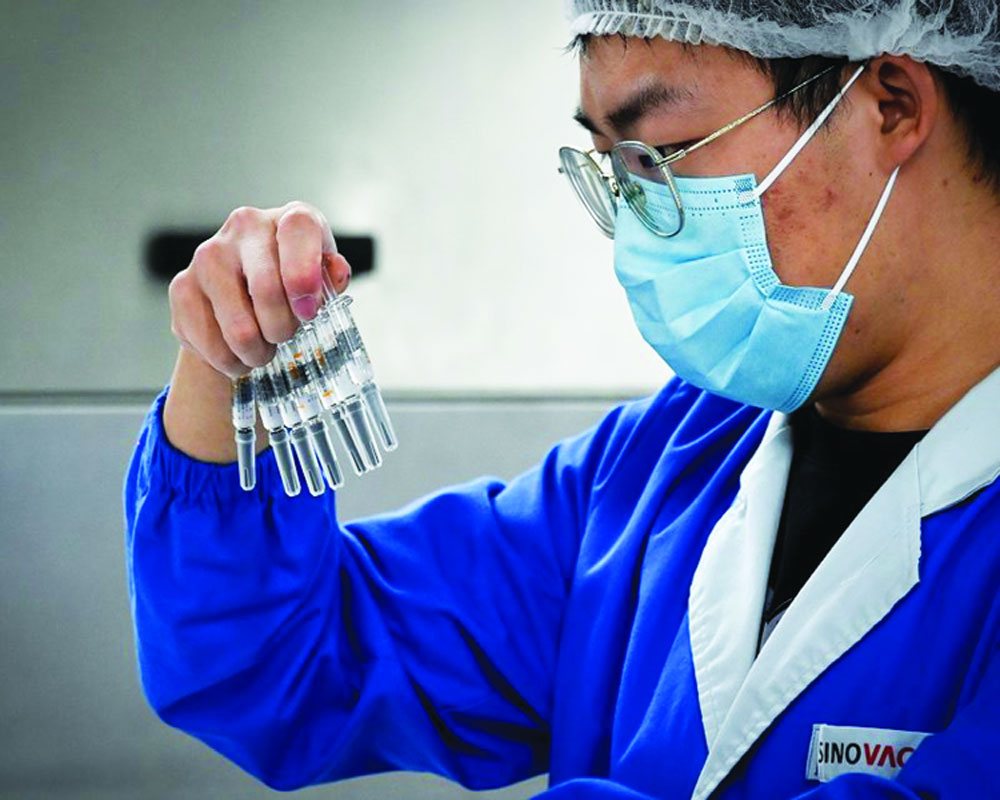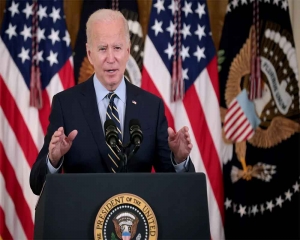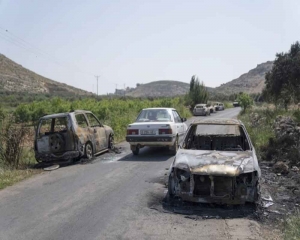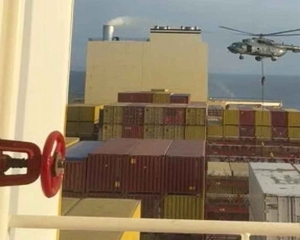The country is ranked 49th in the ‘Made-in-Country Index’ of 50 nations and even the efficacy of its anti-COVID vaccines is being contested
T he country of origin for the manufacture of a brand or the rendering of a service is of deep significance for the end consumer. In today’s globalised and inter-connected world where the same brands are made across the globe, it is not uncommon to see the selective dialling up of the country of origin to insist on product superiority, for example “Swiss-made” in watches or “Made in Japan” for electronics. There is an automatic, subliminal and unsaid correlation that develops amid a brand’s image, country image, quality perception and promised experience. Global research company Statista has developed a “Made-in-Country Index” to ascertain the value of sovereign labels in terms of conations of value, efficacy and trust. Respondents ranked 50 major countries and, expectedly, the overall score of “Made in Germany” topped the perception index whereas “Made in China” lagged at the 49th place (“Made in India” was at 42).
Despite flooding global markets with the cheapest products that are churned out of hyper factories, that are State-supported with subsidised wherewithal as also controlled labour market — the parameter of affordability notwithstanding, the quality of “Made in China” is perennially suspect. This wariness of the sovereign tag extends to the global vaccine rush where the “Made in China” offerings of Sinovac and Sinopharm (CanSino Biologics and Anhui Zhifei are also being developed in China) compete with others. The public hesitation notwithstanding, the ever-opportunistic Chinese have upped the ante on vaccine diplomacy to make the most of a desperate situation, to bank commercial and diplomatic wins. The cash-rich Chinese have already pledged “friendly” loans of $2 billion to Africa and up to $1 billion to the Latin/Caribbean countries to buy the Chinese vaccines — which, interestingly and contrary to the usual “Made in China” narrative, are not the cheapest vaccines in the global market. The move reeks of yet another patented ‘debt trap’ that Beijing routinely deploys to ensnare cash-strapped and desperate countries.
The Chinese order book for the vaccines has client countries that will source its wares owing to geopolitical stakes, such as Pakistan, Turkey, Indonesia and Philippines; some others like the United Arab Emirates, Singapore and Brazil have shown interest. Pursuant to the “all-weather friendship”, Pakistan became the first foreign recipient of the vaccines. Similarly, the mercurial quasi-dictator of Hungary, Viktor Orban, sent a loaded message to the pro-democracy West when he became the sole European Union country to repose faith in Chinese vaccines. Though, like most offerings from China, the manufacturing processes, test findings and efficacy rates remain mired in hotly contested discrepancies. Brazil had initially reported a still-reasonable figure of 78 per cent effectiveness in clinical trials though, subsequently and embarrassingly for the Chinese, the nation revised it to 50.4 per cent after supposedly reworking the base data. Such damning revelations will willy-nilly lead to some heartburn in countries that had pre-ordered these vaccines.
However, it is the conundrum in Pakistan which exemplifies the queasy situation vis-à-vis the Chinese vaccines. Recently the Special Assistant to the Pakistan Prime Minister on Health, Dr Faisal Sultan, announced that besides the “gift” of half a million Chinese vaccines, Pakistan had secured nearly seven million doses of AstraZeneca, adding sheepishly: “Though AstraZeneca is being prepared in India, it will come through Covax, an international alliance.” The fact that the Pakistanis have not yet ordered the full quantity of the planned purchase, and are actively scouting for alternative sources even though the Chinese could service the total requirement, suggests inherent issues with “Made in China”. Brazil’s incorrigible President Jair Bolsonaro taunted the Chinese vaccine: “Is that 50 per cent good?” The other pre-booked procurers of the Chinese vaccines in Singapore, Indonesia and Philippines are having a difficult time selling it to its unsure citizenry.
The saga of “Made in China” has played out through the pandemic with the Chinese authorities coming in for an initial rap for having downplayed its consequences (besides former US President Donald Trump’s insistence on the “Chinese virus”); thereafter the shoddy quality of Chinese-supplied Personal Protective Equipment (PPE) across the globe made unsavoury headlines for the Chinese. Now the vaccines’ questionable efficacy points towards fears of quality when it comes to “Made in China”. For a global industrial powerhouse, Huawei is the only Chinese brand to make it to the “Best Global Brands 2020” list — and this brand too has run into serious concerns of having dangerous backdoors in its technology! The US is pressuring its allies to desist from Huawei as it fears the possible misuse of the platform, another specialty that accompanies “Made in China”. These diminishing perceptions will impact the ambitious industrial plan introduced in 2015, “Made in China 2025”, that seeks to assert China’s dominance in the global manufacturing value chain (biopharma and high-tech medical devices were identified among the focus 10 sectors). The recent pandemic has yet again exposed the yawning gap between Chinese claims on technology and the actual delivery, with the curse of “Made in China” only worsening.
(The writer, a military veteran, is former Lt Governor of Andaman & Nicobar Islands and Puducherry. The views expressed are personal.)


























